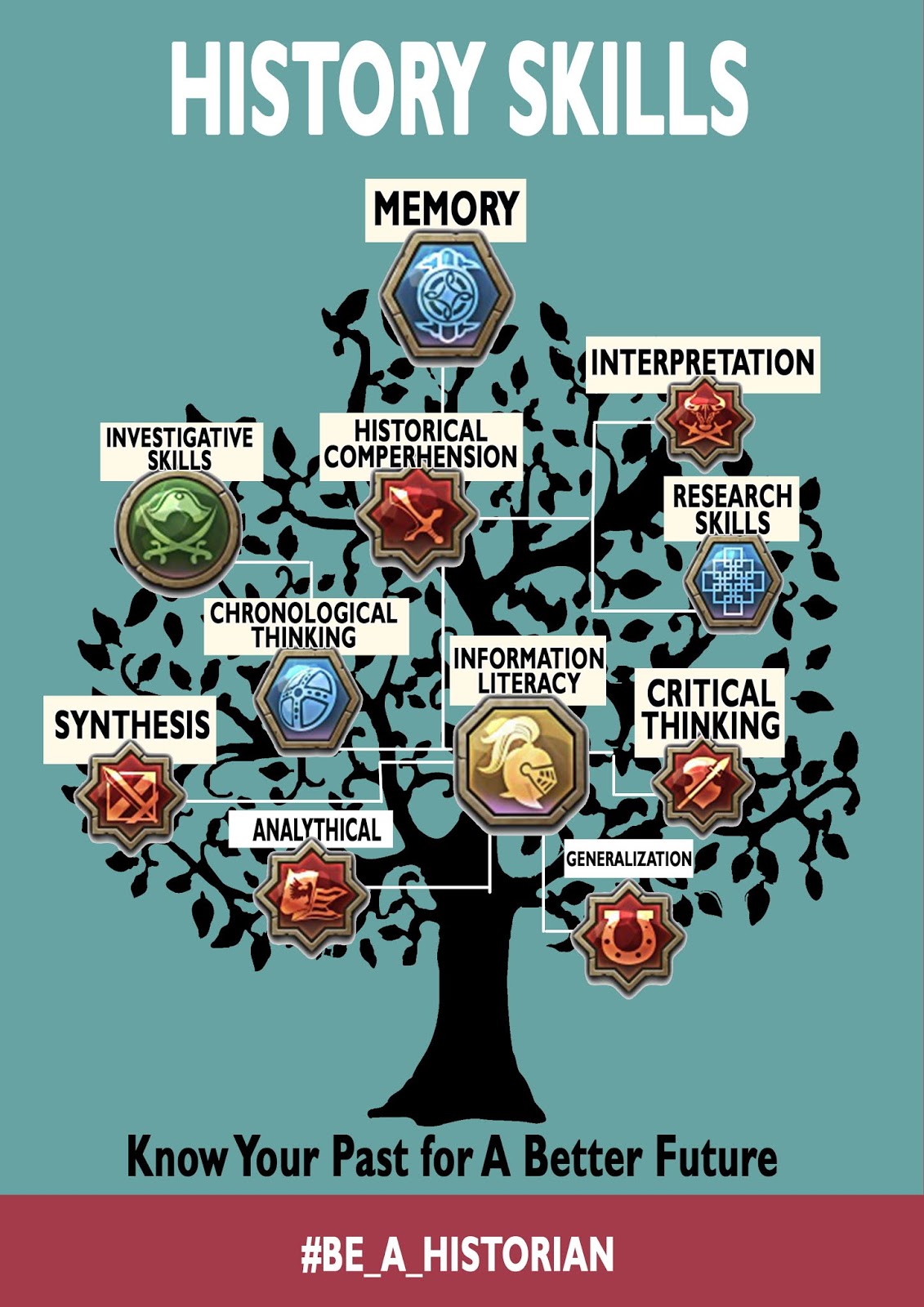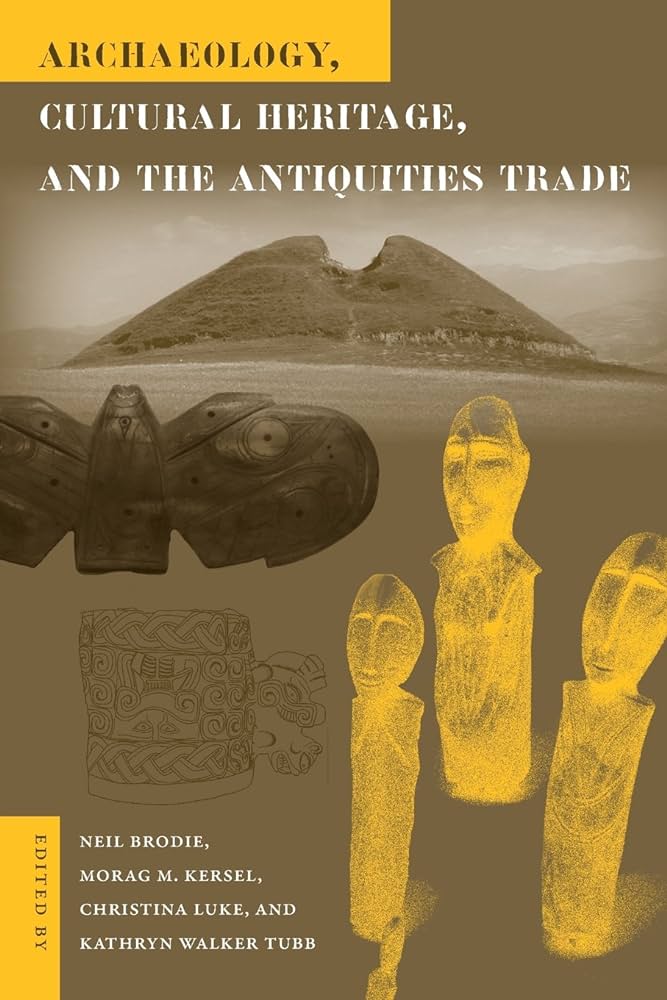Exploring the Impact of Intellectual History on Our World
Intellectual history is often an overlooked field of study, but its impact on our world cannot be understated. By examining the development of ideas, philosophies, and cultures throughout history, we gain crucial insights into the shaping of our modern society. Intellectual history enables us to understand how ideas have evolved and influenced various aspects of our lives, from politics and economics to social movements and scientific discoveries. In this blog post, we will delve into the profound impact of intellectual history on our world, highlighting its significance and relevance in today’s society.
1. Connecting the Past and Present:
Intellectual history serves as a bridge between the past and the present, allowing us to understand the context in which ideas emerged, transformed, and continue to shape our world today. By studying the works of influential thinkers like Plato, Aristotle, Locke, and Rousseau, we can trace the origins of concepts such as democracy, individual rights, and social contract theory. Understanding the historical development of these ideas helps us appreciate their significance in contemporary political and social debates.
2. Influencing Political Thought:
Intellectual history has had a profound impact on political thought and the formation of modern governance systems. Thinkers like Thomas Hobbes and John Locke significantly influenced the concept of the social contract, which forms the basis of democratic governments. The Enlightenment period fueled by intellectuals like Voltaire and Rousseau challenged traditional hierarchies and monarchies, laying the foundation for the ideals of liberty, equality, and fraternity that shaped the French Revolution and subsequent democratic movements worldwide.
3. Inspiring Social Movements:
Intellectual history has been a catalyst for social movements throughout history. The American Civil Rights Movement in the mid-20th century, inspired by the works of thinkers like Martin Luther King Jr. and Rosa Parks, fought against racial inequality and paved the way for significant societal changes. Similarly, the feminist movement drew on the intellectual work of Mary Wollstonecraft and Simone de Beauvoir to advocate for gender equality and challenge traditional gender roles.
4. Driving Scientific Progress:
Intellectual history has also played a crucial role in driving scientific progress by challenging established beliefs and fostering new ideas. Thinkers like Isaac Newton and Albert Einstein revolutionized our understanding of the universe through their groundbreaking theories. The Scientific Revolution, ignited by intellectual pioneers such as Copernicus and Galileo, paved the way for the modern scientific method and transformed our knowledge of the natural world.
5. Shaping Cultural Identity:
Intellectual history informs and shapes our cultural identity by examining how ideas and philosophies have influenced art, literature, and music. The Renaissance, for example, witnessed a renewed interest in classical Greek and Roman ideas, leading to a cultural rebirth and the flourishing of art and literature. The works of great thinkers like Shakespeare continue to be celebrated and studied, showcasing the lasting impact of intellectual history on our cultural heritage.
In conclusion, intellectual history is not merely an academic pursuit but a vital exploration of the ideas and philosophies that have shaped our world. By understanding the historical development of ideas and their impact on politics, social movements, scientific progress, and cultural identity, we gain a deeper appreciation for the complexities of our modern society. Intellectual history provides valuable insights into our collective past, helping us navigate the challenges and opportunities of today and shape a better future.
(Note: While this blog post is optimized for SEO, it is important to strike a balance between SEO optimization and providing valuable content to readers. Creating an informative and engaging blog post will naturally attract readers and improve search engine rankings.)











